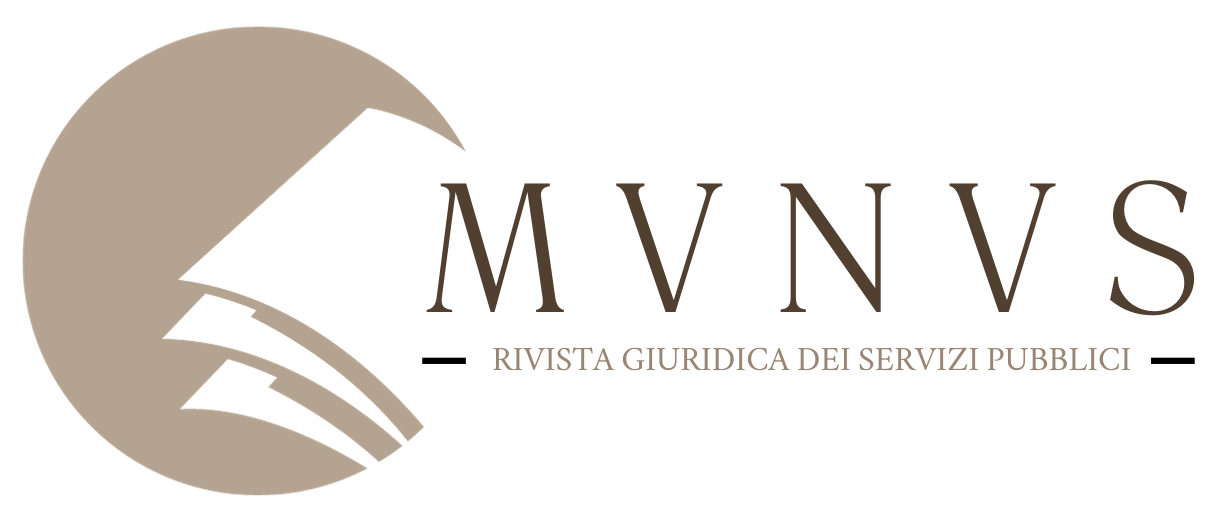Sommario:
1. Saperi e potere: ragioni del controllo pubblico.
2. Una mappa delle comunità scientifiche per aree del sapere accademico.
3. La cooptazione come naturale criterio di reclutamento: abuso e perdita d’immagine.
4. I rischi di passare da una feudalizzazione sulla sostanza a una sulla burocrazia.
5. Necessità di una personalizzazione del controllo sociale sui saperi.
Abstract:
In the last two decades, Italian laws reduced margins and powers of evaluation
that groups of scholars previously had in recruiting university researchers and teachers.The reduction is due to excesses and abuses noticed by public opinion and media, which led to inelastic criteria issued by central bodies (Ministry-Anvur) in the name of objectivity and transparency; the importance of the evaluation performed by groups of scholars has weakened also because of the appreciation of local University administrations. In addition, the evaluation criteria are substantially equal for every kind of field of study. The question remains to what extent this has really improved the institutional research and educational purposes. The answer is probably to be divided by type of knowledge, depending on the cohesion of the various scientific communities on their content, their relationships with external professional and institutional environments, their social perception. The feeling is that a model designed on the “hard sciences”, perhaps those in which the problem of co-option was minor, led to abureaucratization of recruitment. This risks to cause new kinds of excesses and abuses in the parts of the academies where they happened before. The article concludes with suggestions for a different approach for controlling each scientific community, with regard to specific contents of her knowledge.
